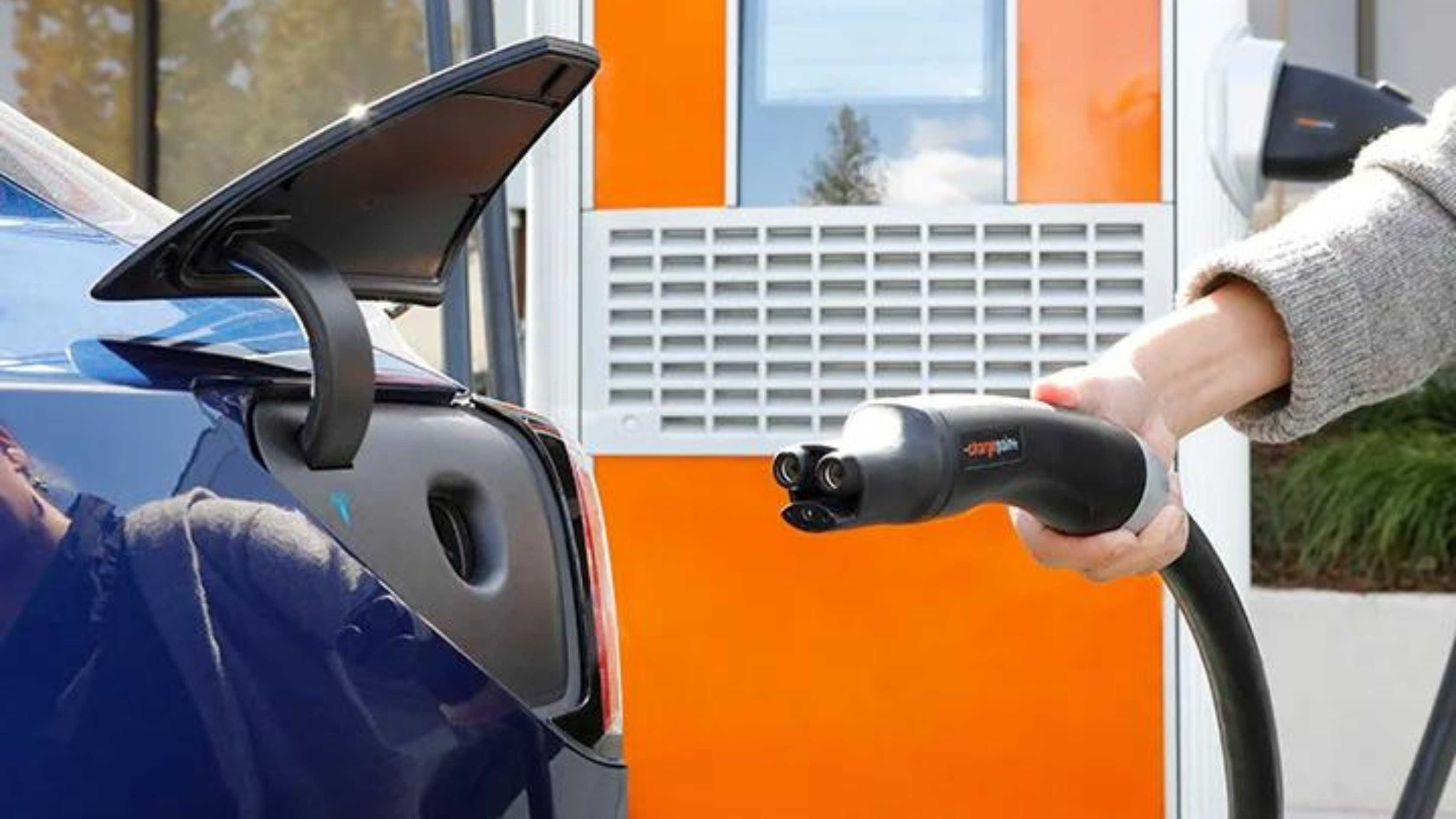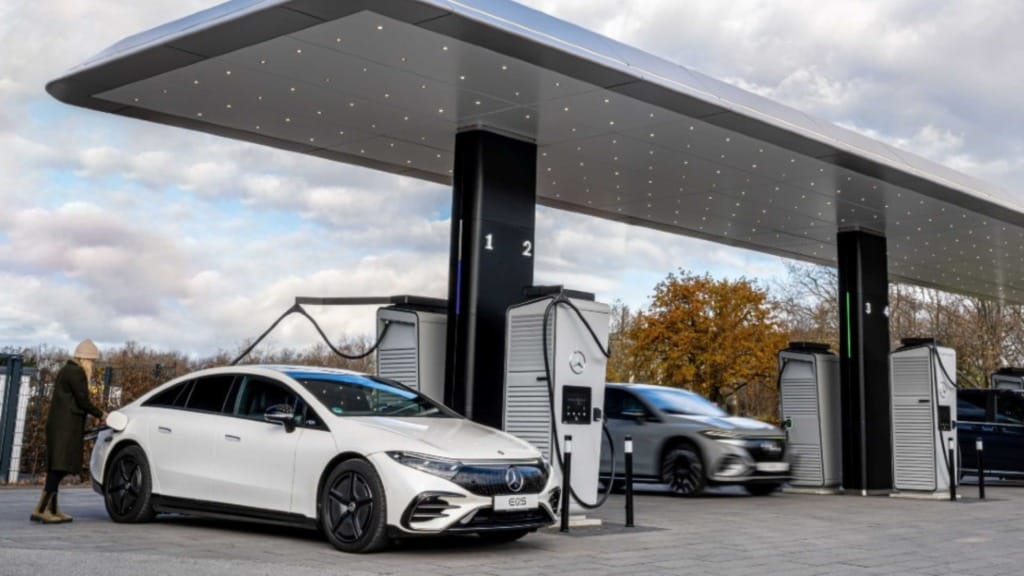Ionna’s journey to revolutionise EV charging infrastructure
Ionna, backed by seven automakers, is revolutionising EV charging with its new headquarters in Durham, NC, and plans for extensive infrastructure.

Last year, a groundbreaking collaboration was announced by seven leading automakers: BMW, Honda, General Motors, Hyundai, Kia, Mercedes-Benz, and Stellantis. Their joint venture, Ionna, is set to build accessible public DC fast charging infrastructure across the US and Canada, marking a significant step forward in the evolution of EV charging.
Table Of Content
The resulting company, Ionna, announced today that its headquarters will be in Durham, North Carolina. This new hub will house a unique feature, the “Quarterback Lab.” This innovative facility is designed to assist each participating car company in addressing charging issues following software updates, resolving customer issues closer to the source, and conducting interoperability testing. It’s a clear indication that the new venture is taking a fresh and critical approach to fixing EV charging in the US.
A new model for charging
At Ionna, the leadership is not just reimagining public fast charging, they are putting the customer at the heart of their strategy. Recognising that charging is now an integral part of the product experience, Ionna is committed to meeting the evolving needs of EV drivers.
Ionna sees the process of electrification as having four stages. The first stage was when EVs, like the Nissan Leaf and the Chevy Volt, hit the market in the early 2000s. The second stage was when companies like Tesla and EVGo began building out closed and open charging networks. The third stage came post-Covid, when automakers reported a softening of demand for EVs, and early adopters started to experience issues with the reliability of public charging infrastructure. According to Ionna, we are in the fourth stage, where a robust network of chargers and amenities is necessary to electrify transportation fully.
This network will feature retail offerings, food, restrooms, and covered charging for EVs, creating an experience similar to what most Americans are used to at more than 100,000 gasoline stations nationwide.
A team from inside the industry and out
Ionna quickly assembled a team, with most employees, including the top brass, starting just a few months ago. Most of the top leadership has a background in EV charging, automotive, energy, and infrastructure. The company is looking both inside and out for talent.

Ionna’s CEO, Seth Cutler, brings a wealth of experience to the table. He began his career at GE Energy, where he played a pivotal role in developing EV charging infrastructure during the early days of the Nissan Leaf and the Chevy Volt. He then joined Electrify America as chief engineer, leading the product development and deployment of EA’s ultra-fast DC charging stations. After serving as COO at EV Connect, he took the helm as CEO at Ionna in February of this year, demonstrating his deep understanding of the EV charging industry.
Chief product officer Ricardo Stamatti comes from the OEM side of the industry and is a founding member of Ionna. Before joining the company, he spent ten years at Stellantis, eventually becoming SVP and global head of Stellantis Energy. Other members of the C-suite include former BP CFO Derek Rush and Shankar Muthukumar from Mortenson, who are builders, developers, and energy and engineering services providers.
Public funding and politics
When it first launched, Ionna said it would leverage federal funding to build its network. The Bipartisan Infrastructure Law of 2021 allocated US$7.5 billion for EV charging and US$5 billion for creating a “backbone” of high-speed chargers along America’s major roads and interstates through the National Electric Vehicle Infrastructure (NEVI) programme.
However, NEVI has recently faced political challenges, as only seven chargers have been deployed nationwide. The states administer NEVI funds, and critics point to this as one of the many factors delaying the rollout. Plans for Ionna to leverage NEVI funds have changed slightly.
The billions of federal dollars available through the NEVI programme “will eventually find their way into charge points on the ground,” Stamatti told The Verge via email. “We are confident the process will adjust accordingly and be helped by the improved quality of new grant seekers stepping in like Ionna. Ionna will be there when that happens. We are still deploying to that 30K+ goal, but we are also fully funded to go ahead and deploy now without having to depend on NEVI.”
While Ionna’s leadership acknowledges the potential impact of political changes on EV adoption and infrastructure, they remain steadfast in their commitment. They are closely monitoring developments, confident in their ability to adapt and continue building an infrastructure that meets the needs of EV drivers.
















